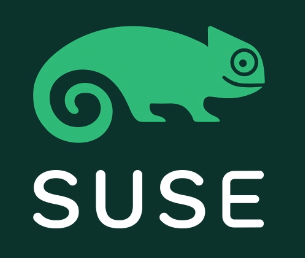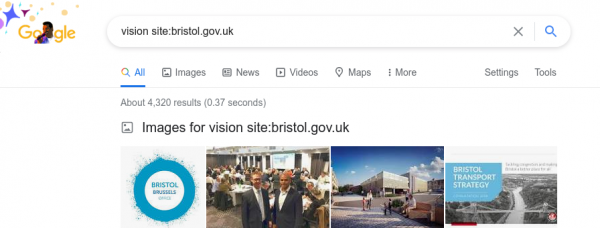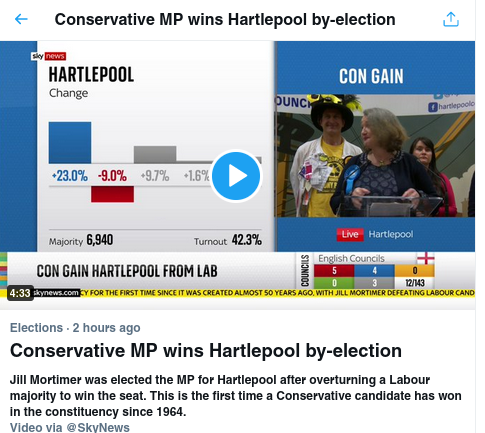 Francoinfo reports that Le Petit Robert, a popular single-volume French dictionary, reckons that “usage is law” and considers that the word “covid” is used as a masculine noun in the majority of French-speaking countries.
Francoinfo reports that Le Petit Robert, a popular single-volume French dictionary, reckons that “usage is law” and considers that the word “covid” is used as a masculine noun in the majority of French-speaking countries.
In its 2022 edition, Le Petit Robert, one of the two major commercial dictionaries in France (the other being Larousse. Ed.), reckons the word “covid” is written with a lower case first letter and is also masculine.
To designate the viral disease which has spread throughout the world, Robert distinguishes the generic term “covid“, as in the example “suspected covid“, and the specific one of “Covid-19” with a capital letter. Robert’s definition of “covid” is: “Infectious and contagious disease caused by a coronavirus”.
Its competitor Larousse consistently uses a capital first letter, i.e. “COVID-19” or “Covid-19“.
Doubts about gender
Covid-19 is an acronym created in English by the International Committee on Taxonomy of Viruses (ICTV) and adopted by the World Health Organisation (WHO) in February 2020. It means 2019 coronavirus disease.
Its gender has been the subject of doubts in French. For Le Petit Robert, it is “masculine or feminine“, but more often masculine, whereas for Larousse, it is “feminine or masculine“: more correct as feminine, but masculine for many speakers.
When introducing its 2022 edition of the dictionary, Le Petit Robert reckons that “it is usage that dictates the law. If the feminine is adopted in French-speaking Canada, the masculine is currently used by the majority in France where the opinion of the Académie Française (the principal French council for matters pertaining to the French language. Ed.) has been late in coming, whilst the masculine was already well established”.
Rush of words linked to the pandemic
Le Petit Robert has added several words linked to the pandemic, some of which are very current in today’s language, such as “déconfinement” (end(ing) or lifting of lockdown), and rarer ones such as “aérosolisation” (“airborne diffusion of fine particles by aerosol”).
French is not the only language to have experienced a surge of neologisms linked to the pandemic. German broadcaster Deutsche Welle reports that 1,200 new German terms have been inspired by this global health crisis.

 IT news site
IT news site  The Information Commissioner’s Office (ICO)
The Information Commissioner’s Office (ICO) 

 For commerical deployments, TDF strongly recommends
For commerical deployments, TDF strongly recommends  Francoinfo reports
Francoinfo reports



